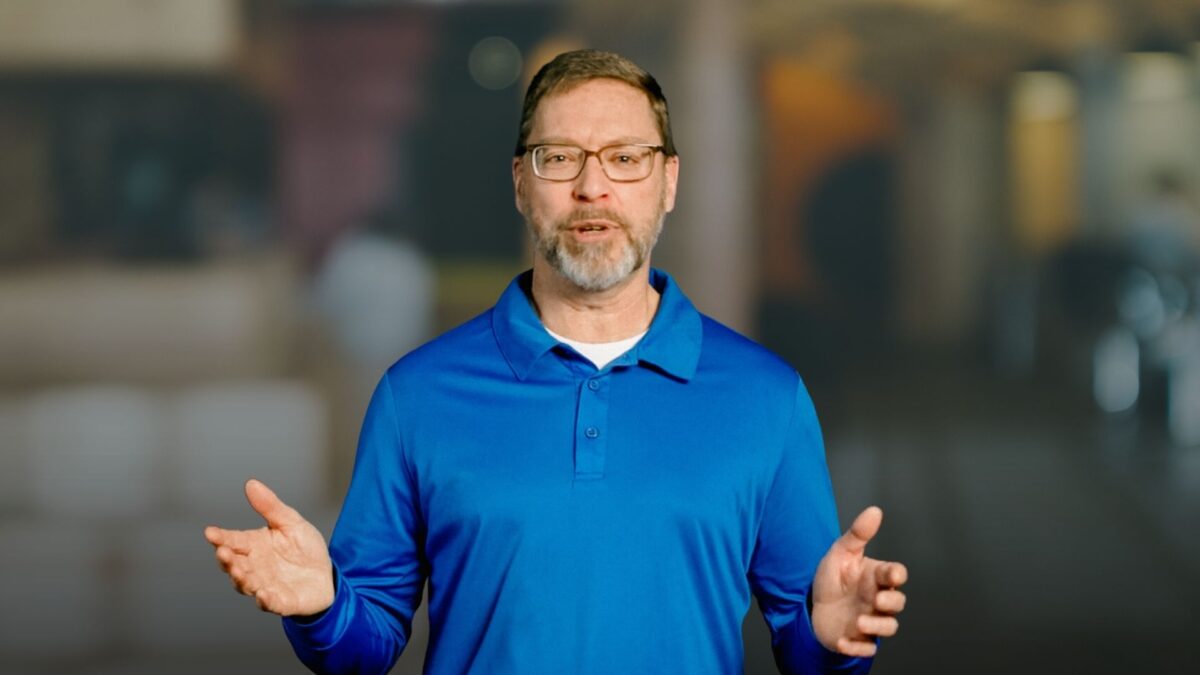Building an Emergency Fund

About 20 years ago, I was a senior leader in a Fortune 500 multinational retail company, living the high life. I had a great salary and a great lifestyle, and suddenly, due to some internal management issues, my level of the organization was designated for elimination and I was out of a job. The biggest challenge was that we were living paycheck to paycheck, with virtually no savings. Fortunately, I was given a generous severance package which lasted until I found work, albeit at a lower salary.
When I got to my new company, a fellow team mate introduced me to a new and different way of handling my income. Different to me that is, as the principles have been around for as long as the world has existed. These principles taught me how to create financial margin in my life, and how to save for the future and plan for life’s largest expenses. And when my job was eliminated for the second time in my career, I was ready and able to continue life without the stress of paycheck to paycheck worries.
You’ve already heard about some of these principles…build a spending plan or budget, eliminate all debt except your mortgage, build a starter emergency fund of $1000, track all spending. If you haven’t, feel free to watch the prior videos in this tract before we proceed.
The next step, however, is to build a fully-funded emergency fund of 3-6 months of living expenses. For most of us, six months of living expenses is the right amount; I know I needed all of that 6 months to find a good job and replace my income both times. Once you have figured out your monthly budget, multiple those living expenses times six and plan to build your emergency fund to that level.
So if your normal household expenses are $4000 per month, you will need an emergency fund of $24,000. (The only time to consider a 3-month emergency fund is if you are a dual-income, no kids couple, or you are empty nesters with little financial obligations beyond living.)
Do whatever it takes to build that emergency fund, and then don’t touch it except for true emergencies. Work extra jobs, sell stuff, move to lower cost housing, delay any purchases that are not absolutely necessary, stop eating out on the town until that fund is built. Emergencies are not oil changes on the car, vacations in the Caribbean, or a big green egg for the backyard barbecue…those are planned and saved for expenses.
This is a fund where the soul purpose is to have cash on hand should your employment or income cease for a period of time. This is true rainy day money. This is money that will allow you to continue to pay your bills if the unthinkable happens—You want to be prepared and not stressed.